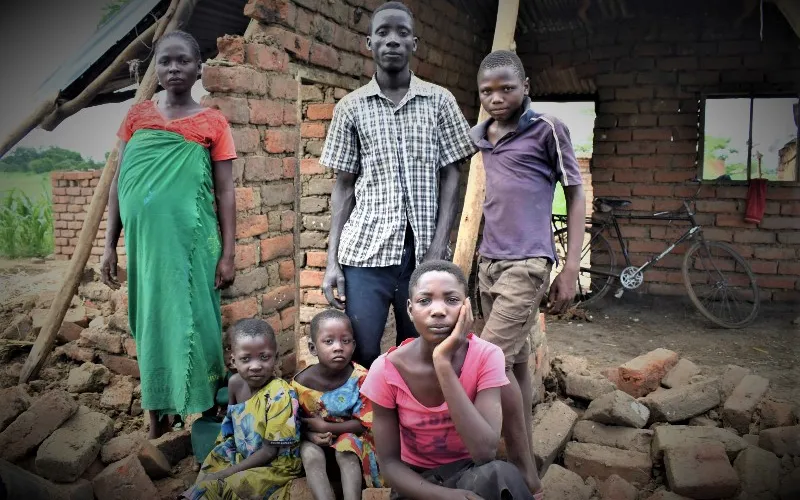Nairobi, 23 March, 2022 / 3:25 pm (ACI Africa).
Members of the Society of Jesus (Jesuits) in Africa are calling on the United Kingdom (UK) to direct more of its International Monetary Fund (IMF) Special Drawing Rights (SDRs) allocation to combating “climate and biodiversity crisis” in sub-Saharan Africa.
SDRs are foreign exchange reserve assets created by the IMF to supplement existing money reserves for member nations.
In August 2021, the UK received XDR 19,317.8 million, an equivalent of US$27 billion.
Officials of the Jesuit Justice and Ecology Network – Africa (JENA), a department of the Jesuit Conference of Africa and Madagascar (JCAM), say the UK has consistently identified climate change and biodiversity loss as a challenge in sub-Saharan Africa.
“The UK should use the increase to its overall reserves via the August 2021 SDR allocation to help developing countries in Africa tackle the climate and biodiversity crisis they are facing, a crisis that has left millions of people poorer and hungrier and that poses a serious threat to human life,” JENA officials say in a policy briefing published Monday, March 21.








